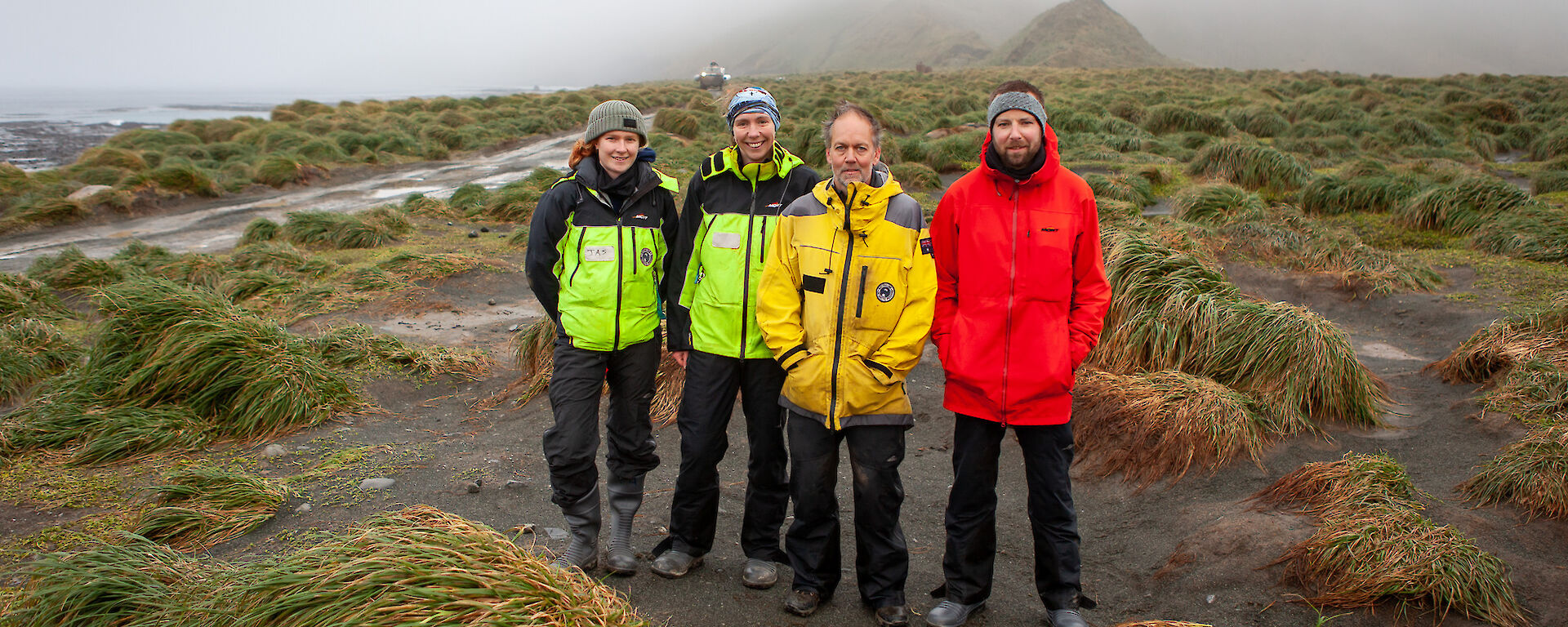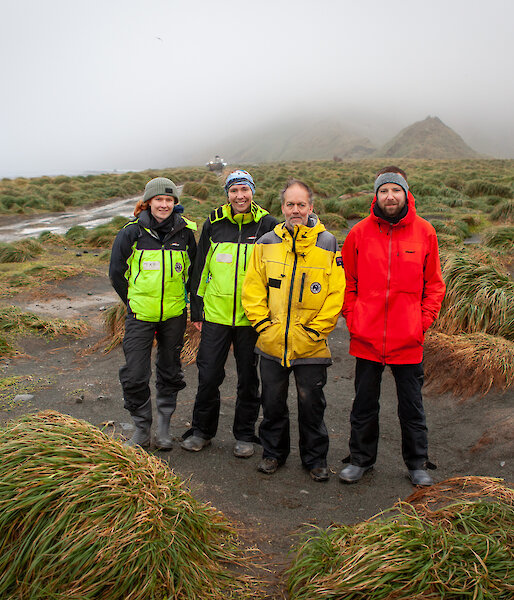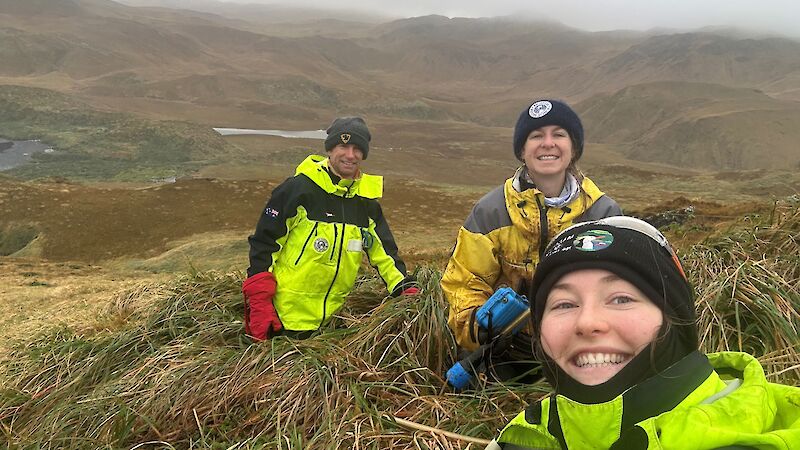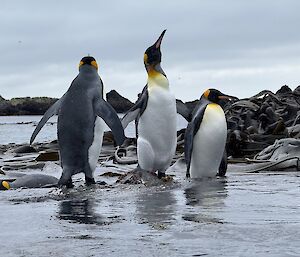- The annual base salary (while in Australia) is $102,380 per annum.
- Base salary + additional allowances when in Antarctica starts from $172,917 per annum.
- A generous employer superannuation contribution of up to 15.4% will be paid in addition to salary and allowances.
- You will accrue recreation leave at the equivalent of 20 days per annum pro rata. Please note that recreation leave is not available in Antarctica but will be paid out on return to Australia.
A Wildlife Biologist with the Australian Antarctic Division (AAD) will support the Macquarie Island Wildlife Monitoring Program by collecting and analysing data on priority vertebrate species to help meet Australia’s national and international conservation obligations, including those under the Agreement for the Conservation of Albatross and Petrels (ACAP). The role will be based on Macquarie Island for 6 – 12 months as part of a small, remote field team, the role includes monitoring for avian influenza (H5 bird flu), collecting samples, managing data, planning and preparing field trips, and contributing to scientific reporting.
What we are looking for
Essential
To apply for this role, you must have the skills and licences listed below:
Qualifications/licences
Provide copy with application:
- Qualification - Post-graduate Degree or Diploma in a relevant scientific or related discipline from an Australian tertiary institution, or a comparable overseas institution.
- Driver’s licence – Current, unrestricted “C” class (manual) Australian driver’s licence.
- Citizenship - In accordance with the PS Act 1999, APS employees are required to be Australian citizens. Persons who are not Australian citizens will generally only be considered where there are no suitable Australian applicants, with next considerations being Australian residents with work rights and New Zealand citizens.
Obtain prior to commencement:
- Valid Passport – The expiry date of the passport (and any relevant visa) must be at least 6 months beyond the planned end date of your intended stay in the Antarctic or sub-Antarctic.
- Provide First Aid (HLTAID011) must be valid for at least 18 months beyond the date of commencement.
- Provide Basic Emergency Life Support (HLTAID010) must be valid for at least 18 months beyond the date of commencement.
- Provide CPR (HLTAID009) must be valid for at least 6 months beyond the date of commencement.
Knowledge and experience
- A strong knowledge of ecological principles, wildlife management and experience undertaking scientific research.
- Experience carrying out population surveys of seabirds and seals using a range of techniques; including ground surveys, mark-recapture, drone, and other remote sensing technologies.
- Experience working effectively and harmoniously in small field teams or autonomously with limited supervision and have a strong work ethic and motivation for field work.
- Knowledge of and experience working under strict biosecurity measures, scientific and ethics permit conditions and Work Health & Safety requirements.
- Experience in recording and managing accurate field data in a thorough and organised manner, with good organisational and report writing skills, and demonstrated ability to follow
strict field protocols for data collection, maintain and curate field and sample data, and ensure strong attention to detail. - Demonstrated experience and ability to undertake routine data entry and processing tasks (Microsoft Excel and Access), data analysis (e.g. R) and mapping (e.g. ArcGIS/QGIS).
- A high level of fitness and a demonstrated ability to work in cold and remote environments, walking across rough terrain and steep slopes carrying a pack for long periods exposed to inclement weather (ideally with prior Antarctic or Sub-Antarctic experience) with a commitment to safety.
- Demonstrated ability to communicate with influence in oral and written form to achieve effective outcomes. Willingness and flexibility to contribute to other station and field activities as required.
Desirable
These are not essential to the role, however, to be suitable you will need to have at least some of these. We encourage you to apply even if you do not have all the desirable requirements.
Knowledge and experience
- Hold a current ‘A’ or ‘R’ class Australian Bird and Bat Banding Scheme (ABBBS) banding authority.
- Hold a current RePL drone licence and applicable experience.
Contact
For general enquiries, please email the Hays Expeditioner Recruitment Team at antarctica@hays.com.au.
For job specific (technical or trade related) enquiries, or to discuss the role in more detail, please contact Hays at antarctica@hays.com.au.





